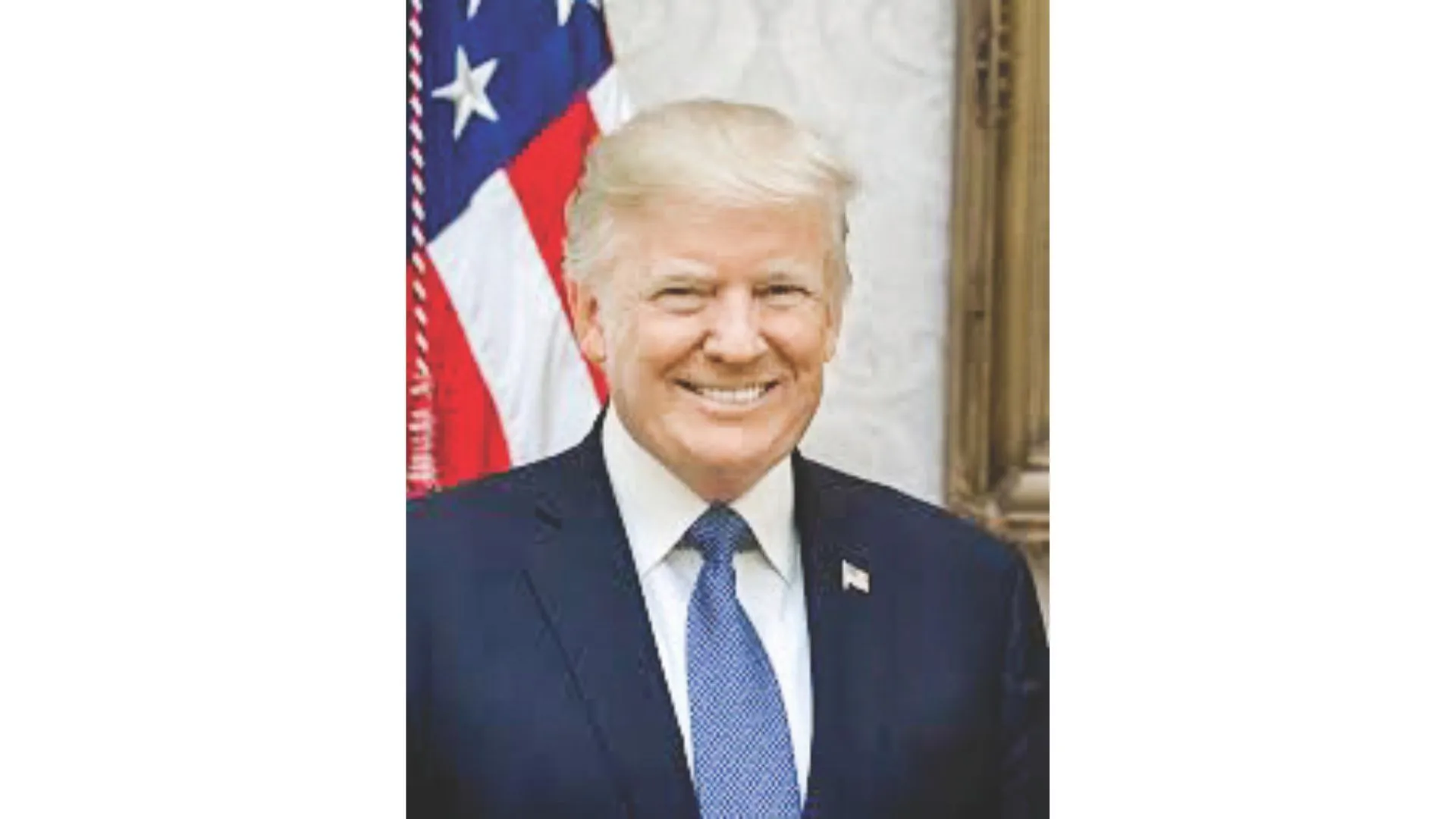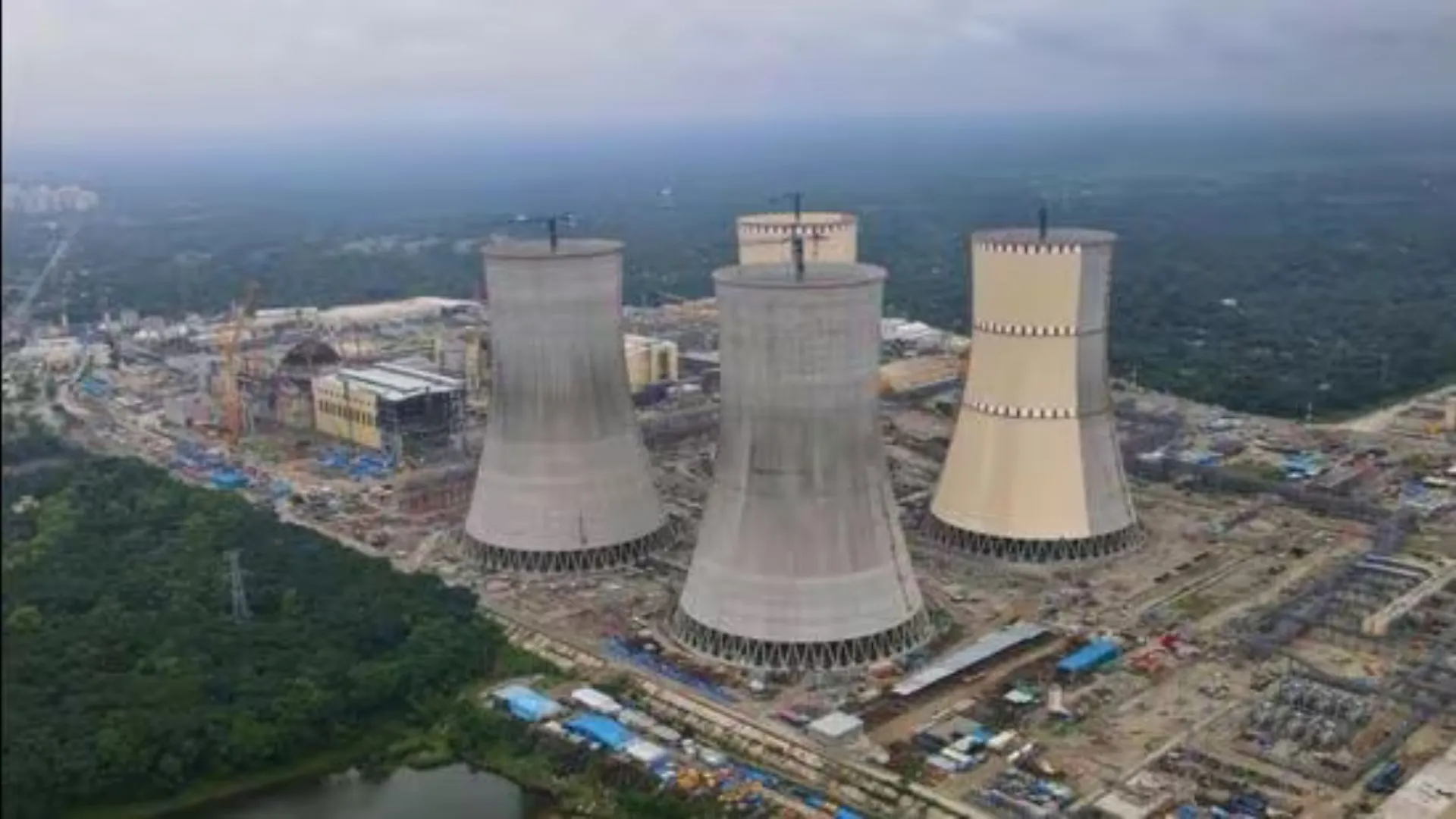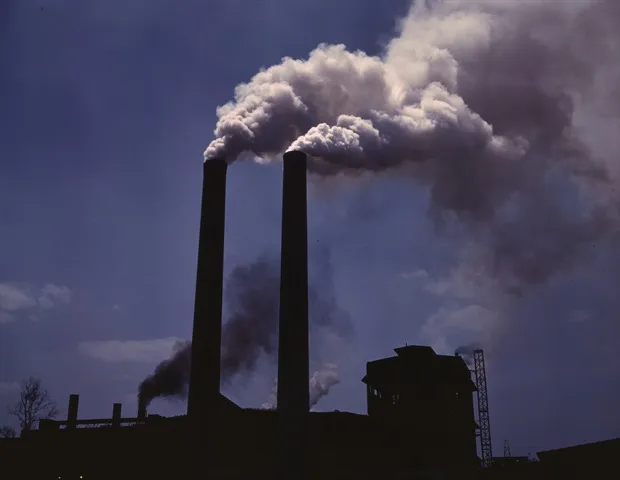Before US President Donald Trump visited India in February 2020, there were a number of unsuccessful efforts to invite him. In December 2019, I got some indications from my contacts that he might like to visit India. In December 2019, I requested Prime Minister Narendra Modi to invite Trump before March-April as after that the US presidential campaign would heat up. At that time, there was no Covid-19. India extended the invitation and in February, President Trump had a very successful trip to India.
When Trump’s visit was announced, a few prominent Indians from the US tried to persuade Modi not to invite Trump as it could anger Democrat candidate Joe Biden who might become the next President. They approached me to join their efforts which I did not and I told them that I had been the one who suggested Modi to invite Trump. My point was that Biden had been a friend of India and an admirer of Indians living in the US. He would, therefore, not be affected by Trump’s visit to India.
To start, two of Biden’s comments are presented. When he was the chairman of the US Senate Foreign Relations Committee, at a FICCI meeting in Washington, DC, he started his speech with a joke, “Yesterday, when I switched on my computer, it started talking with an Indian accent.” Then he showered praise on Indians and stated that Indians constituted less than 3% of the state of Delaware population, but controlled over 20% of its economy.
After his early childhood in Scranton, Pennsylvania, Biden moved to New Castle, Delaware, and grew up there. In 1970, he got elected to the City Council, his first political office.
As a Senator, Biden used to commute daily by Amtrak train from Wilmington to Washington, D.C. to attend the Senate meetings. He was known as “Mr Amtrak”. As a politician, he used to be well dressed. One day when I got down at the train station, he was wearing shorts and sandals. I quipped, “Joe, today it must be a very formal Senate meeting.” He laughed and replied that he was not going to DC and was there to pick one of his relatives.
Biden was born on 20 November 1942 in Scranton, Pennsylvania, and then moved to New Castle, Delaware. After graduation from the University of Delaware, he went to law school at Syracuse University. He was not an energetic student and called the law school “the biggest bore in the world”. He got his law degree in 1968 and in the final exams he was 76th out of 85 students. He started law practice in New Castle and in 1970 became a City Council Member. In 1972, he was elected to the US Senate and was the sixth youngest Senator in American history.
Delaware is a very small state and was the first state to join the American Union, i.e. the United States of America, when the US became independent in 1776. In 1997, Biden became the ranking member of the US Senate Foreign Relations Committee and in 1998, became its Chairman. Once we started discussing Kashmir, and he expressed his support for India’s position. Then, I asked, “Joe! Are you expressing the support just to please me?” He answered, “No. Jay, I can assure you my unwavering support”, which he did.
Biden also served on the US Senate Judiciary Committee. He was elected to the US Senate six times and was the fourth most senior Senator when he became the Vice President in 2009. In 1998, the Congressional Quarterly lauded his work as a Senator and honoured him with the Senator of the Year Award.
Before he started his campaign for Democratic presidential nomination in 2019, Biden had also launched unsuccessful campaigns in the primaries in 1988 and 2008 for the Democratic nomination for the US presidency. In 2008, upon getting his nomination for the presidential election, Barack Obama nominated Biden as his VicePresident candidate. Biden was the US Vice-President between 2009 and 2017.
In the 2019 primary campaign, first, Biden stayed on the sideline and then he decided to participate in the primaries for the Democratic nomination. In the first four state primaries, he did not do well and he was not even the second in securing votes in these states. Then, in South Carolina, with an overwhelming support of primarily African-American voters, he won the primary handsomely. After that, it became an easy ride for Biden and now he is certain to get the Democratic Party nomination.
If he becomes President, he would continue to be friendly towards India and business would increase further and other cooperative efforts will stay at the same level; however, his stance will be friendly towards Pakistan too. Although he would lessen the tension with China, he would be cautious due to Trump’s allegations of him and his son financially benefiting from China. His attitude towards the European Union, Canada and Mexico would change significantly and will soften the US stance against Iran. A number of restrictions against immigration imposed by Trump will be removed or reduced.
There has been news in some Indian papers about Biden expressing his displeasure on India’s actions in Kashmir and CAA. As no such news appeared in the US, this statement cannot be confirmed. However, in all probability, it might be the handiwork of some anti-India elements active in Biden’s campaign.
A number of times, accusations are made, especially by Indian newspapers and Opposition leaders, that the US is pressurizing India. When Biden was the Chairman of the US Foreign Relations Committee, I asked: “Joe, I have frequently heard that the US is pressurising India. Is that correct?” He said, “India gets pressurised and the US does try to do so. If India doesn’t get pressurised, what can the US do? India is not Iraq that the US can bomb it.” Indian leaders and news media should ignore ineffective statements. No US President, including Biden, would act against India.
If Biden gets elected, there could be a big change in US economy. There will be significantly more pressure to increase the handouts to the public as well as businesses suffering from Covid-19 which would further increase the already huge deficits in the US. This could lead to a crash in the stock market and another recession.
Now the question is whether Biden would become the US President. In polls, he is leading Trump by more than 10% and it is expected that he would be able to stand up to Trump during the debates which are a very important part of the US elections. There is one big question about Biden. Sometimes his memory shows the effect of old age. If he gets elected, he would be the oldest US President. He sometimes forgets things. If he fumbles and appears to be incoherent during the debates, it could cost him a lot of votes. This assertion has been confirmed by one of the senior Democratic political experts in the 4 July issue of the Washington Post.
Further, if the stock market, which is doing fairly well at this time, does not drop significantly, Trump will use scare tactics of an economic disaster if Biden becomes the President. In spite of all the predictions of Trump losing badly, my prediction is it is a toss-up slightly in favour of Biden and would not be a lopsided victory for anyone.
Jitendra K. Tuli was an advisor to former Prime Minister Atal Bihari Vajpayee.













